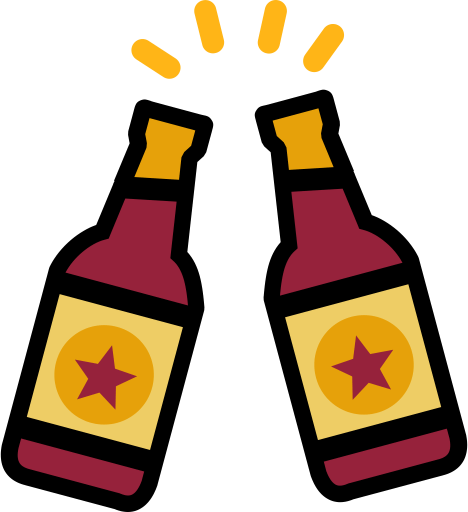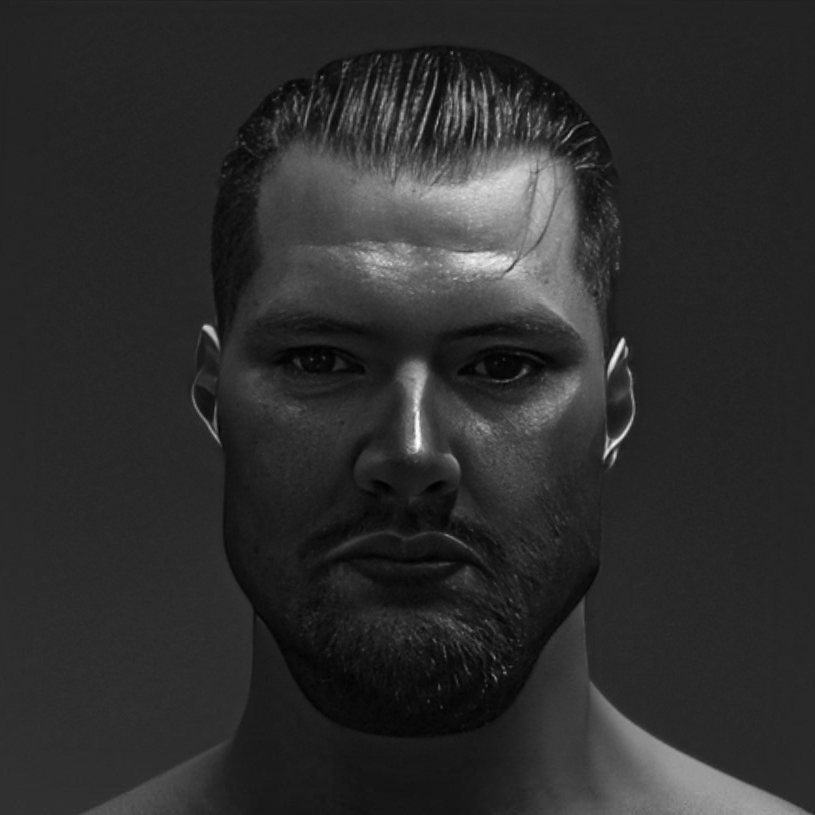Hi everyone, I’ve come seeking your wisdom.
I love brewing beers. Im also, apparently, irresponsible when it comes to alcohol consumption. So I decided thotmi wont have alcohol in my house anymore. But I also want to still brew, and enjoy my brew.
So, is there a good way of de-alcoholizing the brew after it fetments, such that the flavor wont be impacted, or will be minimally impacted?.
Thank you, oh wise Lemmy hive mind
I actually love Hoptea. It’s tasty and gives me the hops from beer and a bit of caffeine. Would recommend.
kombucha with hops is amazing
Making alcohol-free or low-alcohol beer that tastes good is actually really hard and is still actively being researched. Because of reasons, it’s even harder at homebrew scale.
The main methods are:
- biological method, aka arrested fermentation: low OG wort, ferment only briefly, then chill down hard to stop fermentation. Similar to what @plactagonic@sopuli.xyz described. You can further reduce the amount of alcohol produced by selecting a maltose-negative yeast, such as Saccharomycodes ludwigii or a maltose-negative Saccharomyces cerevisiae strain, such as Lallemand LalBrew LoNa, which has only been released recently.
- physical method, aka dealcoholization: brew a normal strength wort, let it finish fermenting, then remove the alcohol through vacuum distillation or non-porous membrane distillation.
Each of the methods have their drawbacks. If you use a maltose-negative strain, you need to be able to pasteurize your beer, otherwise infections are inevitable. This is the reason why LalBrew LoNa is currently not sold to home brewers, as Lallemand does not think that home brewers will be able to reliable pasteurize and use the yeast correctly. The beer will also taste worty and sweeter than regular beer. Dealcoholization on the other hand is basically impossible to do at home. It also leaves behind a thin-tasting beer with unsatisfactory mouthfeel. Recent research has shown that the best tasting non-alcohol/low-alcohol beer can be produced by blending two beers made with these two methods.
I dunno about non-alcoholic homebrew beers, but I love me some Hops Water.
It is basically just sparkling water flavored with strong hops. Means that there are no malts in it. Tastes sort of like beer without tasting like watered down version of a proper beer. It’s a bit hard to explain and I have no idea how to do it yourself, but might be a good and an easy option.
Thanks, I may thy this. I Saw a video where brewer made hops water, then added some of the wort to it with yeast to carbonate it. It sounds interesting.
Your best option for it is to make PITO (Czech method with minimum gear requirements).
In short you make low OG beer let it ferment for few days in 6°C. Then cool it with yeasts to 3-4°C and pressurise it and let it for few weeks (in keg or something). Get rid of yeasts and drink.
This beer then has about 0.5 - 1 % ABV.
Thanks that sounds real interesting. Iwzm gonna give that a shot.
I tried this recipe from David Heath and really liked it:
I’ve tried some craft non-alcoholic beers and didn’t really like them. Too sweet, grainy in a weird way. It sounds hard to pull off removing the alcohol at a small scale anyway and it seems like a lot of work. I have never heard of the super low abv recipes in this thread, I’ll have to look closer.
I think kombucha is going to feel the most like brewing beer in the sense that it requires sanitation, boiling, waiting. If you don’t like it then probably a no go but my family is obsessed. I made it a few times but only thought it was better than store bought once, I’d like to get better at.it.
Hop water also sounds really good, I had hopped hard seltzer but the cheap alcohol in hard seltzer always tastes bad to me. Reminds me of making straight table sugar alcohol.
Craft sodas with homemade extracts would also be fun. Low sugar with steeped peach syrup and mint or strawberry basil. I have only tried root beer from extract and keg carbonated lemonade so far.
I had a kombucha culture going for about a year. I’d find that it oscillated quite a lot in that time between delicious and vinegar, I’ve yet to crack the code of what it needs and when.
Mixing it with fresh pineapple juice before bottling made it way better in my opinion. Just enough juice to get carbonation, nothing extreme.
Also just to add that kombucha can be quite alcoholic so if OP is looking to reduce ethanol intake it may not be the best option without a way to be absolutely sure it’s low alcohol.
What about freeze distilling? Just throw away the alcohol, will need to recarbonate though.
That would also remove some actual beer - what freezes off tends to be water and whatever can be solid at that temperature. Things like sugars giving body to the beer and what has a higher affinity to the concentrated alcohol solution would remain in the liquid phase.
For example, this is how brewdog does their very high alcohol beers like tactical nuclear penguin.
Though I would recommend to the OP to check out the brewdog recipe for Nanny State. That could be a starting point.
You need vacuum distillation to get out only alcohol and minimum flavours. It is used but it is too complicated process for homebrewing.
I have an article somewhere, will dig for it later, that goes over several methods. It is more towards low ABV rather than no alcohol. One of the methods, and the only one I’ve tried so far is to mash at a higher temperature. This activates other enzymes that produces longer (more complex) sugar chains. We want these as regular yeast “cannot” convert those to alcohol. So more complex sugars means more sugars left after fermentation which means we can run a lighter malt bill and still have plenty of sugars left.
And then hop it well.
great article. now I want to try a low alcohol beer myself
when I wanted to cut back on alcohol I switched to kombucha, back then I was doing an edible and drinking kombucha and it was great, also they make hop kombucha but I never tried making my own but the stuff I found in the store from a brand called itsAlive was amazing. they also have thc sparkling water which was nice but ive since realized getting high made me a bit depressed so I just switched back to beer, but kombucha is still great for when I dont want to drink alcohol like week days
Did some Googling and found this article: homebrew academy
Reading it it might make sense to kill off the yeast before trying to boil off the alcohol. Maybe use a still so all of the water vapor is captured and flavor retained?
deleted by creator





